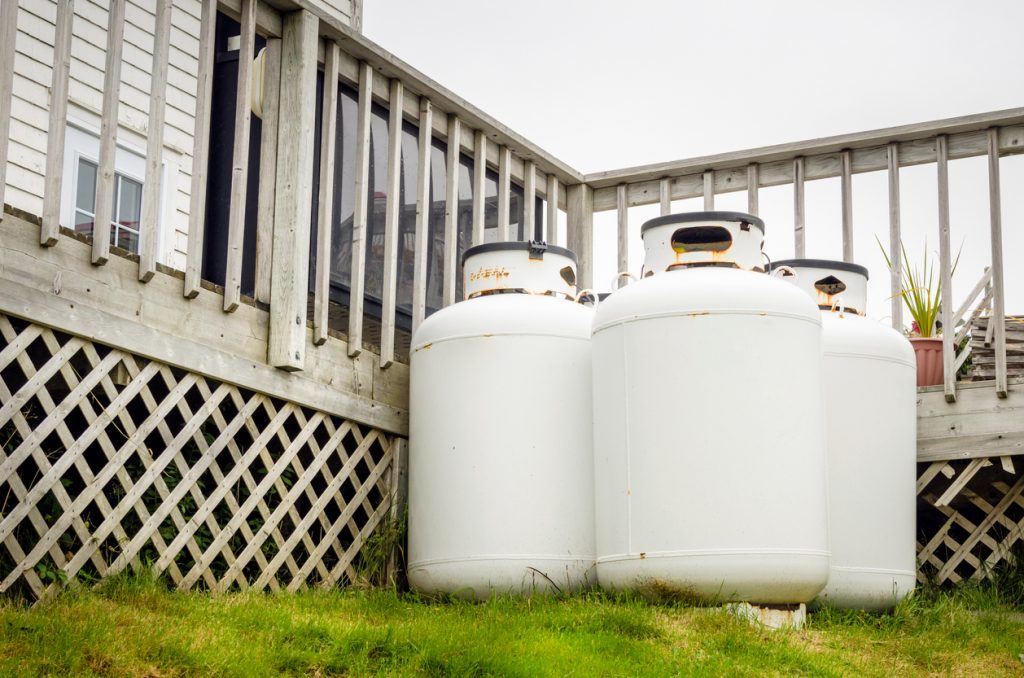
This story out of the Austin area is an example of how undetected gas leaks in a home can cause real devastation.
Sometimes gas leaks are due to forces beyond the control of man. However, in many other instances, a gas appliance seller or gas suppler — LP gas (propane) or natural gas – has acted negligently by improperly installing an appliance or performing a leak check in a home and not detecting leaking gas. Or, in some cases, the gas supplier sells either propane or natural gas without proper amounts of odorant in it. In that case the gas becomes a “silent killer” — gas leaks and buildup cannot be detected by smell. The gas leaks inside the home undetected by the nose, builds to explosive levels over time, and is ignited by something as innocuous as turning on a light switch.
All forms of flammable gas are very dangerous and must be treated with the utmost respect and caution. The Dallas personal injury lawyers at Crowe Arnold & Majors have seen first-hand the types of harm that can come from gas explosions. Consider using flammable gas detectors in your home. These devices can be bought at hardware stores, at home-improvement centers, and at big-box retailers. They are designed to detect gas buildups and loudly alarm before they reach explosive levels. They are easily installed by plugging a regular electrical outlet.
If you or a loved one has been seriously injured as a result of a propane or natural gas explosion, in a home or elsewhere, you should immediately contact the gas-explosion lawyers at Crowe Arnold & Majors, LLP. It is critical that counsel be retained as soon as possible after a gas explosion. Evidence at the explosion scene must quickly be investigated and preserved. Early investigation and preservation of scene evidence is often the difference in the outcome of a gas-explosion case.





